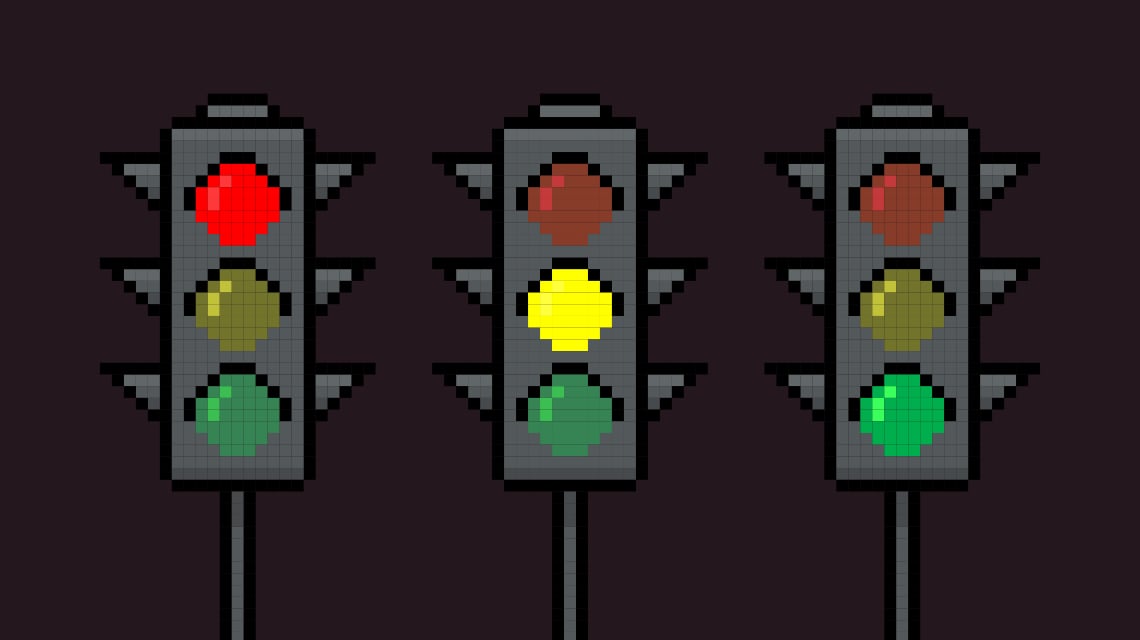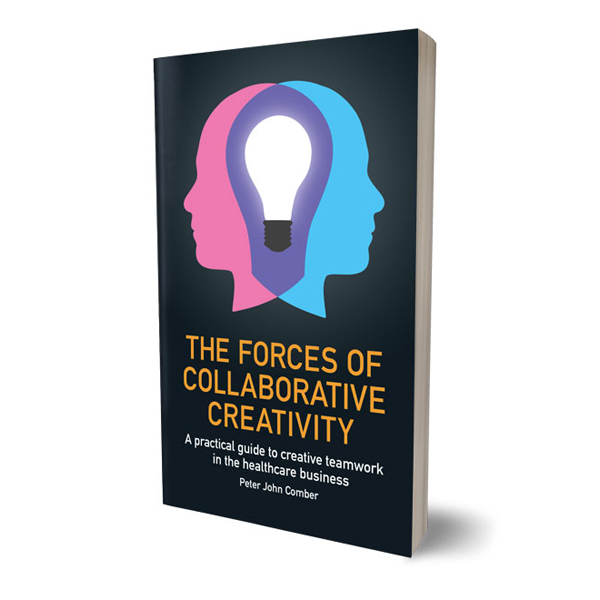You hear silence when you expect noise.
A phrase I consider beautifully profound prompts some reflections on perception, decisions and experience.
Hiroshi Nakamura is a Japanese architect who designed a very thoughtful and beautiful building in Hiroshima called ‘Optical Glass House’. It is situated directly on a busy road and the front of the house is a single, uniform wall constructed of custom-made, solid glass bricks that makes the inside surprisingly quiet. Talking with Piers Taylor about his creation, the architect said, “You hear silence when you expect noise.”
Since I first heard it I have been fascinated by this powerful and evocative sentence and three points stand out as relevant to advertising.
1 - Nothing is absolute. Contrast is greater than strength. Total silence can be noisy - with no other sounds, we start to listen to our own body, breathing, pumping blood, digesting. The hush of Optical Glass House is created by the noise outside. This is acoustic Jujutsu - using the opponent's energy against them to make an impression through contrast. The obvious way to make an impact is to shout, use vibrant colour, make everything big but if everyone is doing it the individual impact is lost in the noise. If you are struggling to stand out, ask yourself how your message could contain contrast or whether your message could be in contrast to everything that surrounds it.
2 - The things you value affect your choices. The things we focus on and measure affect what we choose - ultimately creativity is just a series of decisions. The same plot of land and the same architect would have produced a very different design if the focus of the project and its KPIs had been on efficient use of space or any other parameter. The focus on sound and the desire to insulate the inside from the outside suggested a unique solution (non-transparent sound-proof glass). If you always ask the same question you will always get similar answers, try shifting your focus slightly.
3 - Every experience is subjective. The way we interpret reality is informed and influenced by past experiences that define our current expectations. ‘Priming’ (expectation) is a big part of experience - your mum’s food is best because you grew up with it. The taste of your mum’s food will change in a blind test because if you don’t know it’s your mum’s food you are eating you can’t have the expectation and consequently the experience of eating your mum’s food. We expect an urban dwelling to be filled with the (muted) sounds of the city. The removal of something we expect causes a shock. If you want to maximise the experience of your brand you must appreciate your audiences’ expectations and then either reinforce or subvert them.
Architecture and advertising have many things in common. The best examples of architecture go beyond form and function, they are a three-dimensional communication medium that can inspire awe (religious buildings) ora a sense of cosy protection (homes). The best advertising doesn’t just sell something it is an experience in its own right that can provoke many feelings. Unfortunately, architecture and advertising also have in common that their worst examples are an assault on human intelligence and dignity.





